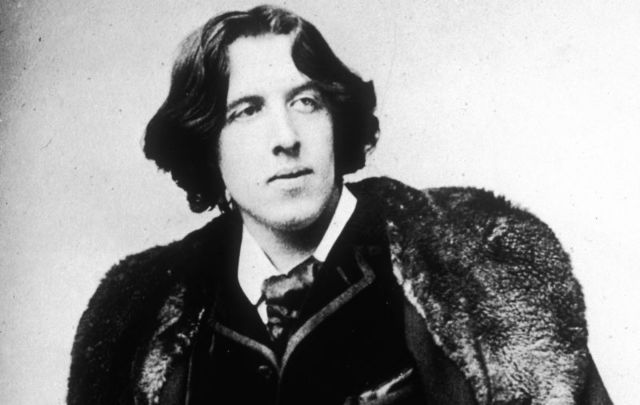Oscar Wilde was one of the most successful revolutionaries that Ireland has ever produced.
Oscar Wilde, a renowned Irish playwright, novelist, and poet, is best known for his wit, comedic plays, and his novel "The Picture of Dorian Gray." He was a prominent figure of the late 19th-century literary scene and is often associated with the Aesthetic Movement and the concept of "art for art's sake."
Raised by a fiery nationalist, Oscar Wilde later attended Magdalene College Oxford, one of the cornice stones of the then British Empire. Perhaps that's where his love for paradox began.
His gayness and his Irishness were the hidden engines under the aristocratic ostentation, so you could be dazzled by the surfaces and almost entirely miss the hidden depths. For a long time, he missed many of them himself.
In his career, Wilde repeatedly shocked the British public by holding a brightly polished mirror up to their cruelties, hypocrisies, and self-deceptions. They never forgave him for it. When the opportunity came they made him pay with two years of hard labor. His health never recovered and he died two years later.
One of the kindest and most indulgent of men, he set out to conquer London but was himself harpooned by a fatal love that now belongs to the ages. The whey-faced, flaxen-haired Lord Alfred Douglas was the rock that eventually sank him, the rock that he charted a course for rather mysteriously.
It is still hard to know what to make of Wilde's complete surrender to this love. It is not cynical, it is not wise, it is not explicable, and it never will be. It's just a road that he pursued to its bitter end in a way and with a strength of purpose that one rarely witnesses. He submitted to every degradation, every censure, and insult in a way that quietly resembles the story of Calvary. In a way, he died for our sins, not his own.
* Originally published in 2020. Updated in June 2023.




Comments